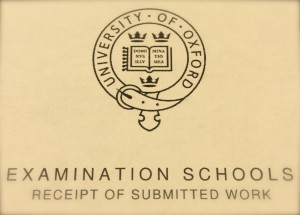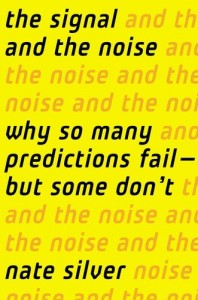Last year I completed an MSc at the University of Oxford, where I wrote my thesis on MOOCs. This post talks a little bit about my research and why I think it’s important. The full version of my thesis can be found here, and an abridged version here.
What a difference a year makes.
The New York Times proclaimed 2012 the ‘Year of the MOOC.’ Massive open online courses, with their hard-to-take-seriously acronym ‘MOOCs’, had become the fascination of New York, Silicon Valley, and thousands of universities in between. As university officials scrambled to hop on board, a debate was brewing over the efficacy of MOOCs. While some technologists and educators were predicting a revolution in higher education, others warned of displaced professors and for-profit education run amok.
Fast forward a year. As the first studies and analyses about MOOCs have since been published, much of the hype has abated. As it turns out, retention rates have been low, usually between 10-15%, and MOOC students are more likely to be well-educated than disadvantaged, despite the rhetoric of accessibility and openness. Even Sebastian Thrun, CEO of Udacity, one of the leading MOOC platforms, has acknowledged the shortcomings of current MOOCs. This dampened rhetoric is a welcome change—these technologies are young and need improvements—but MOOCs remain, in my view, an incredible opportunity for improving education.
Continue reading “MOOCs, Educational Technology, and an Oxford thesis”

